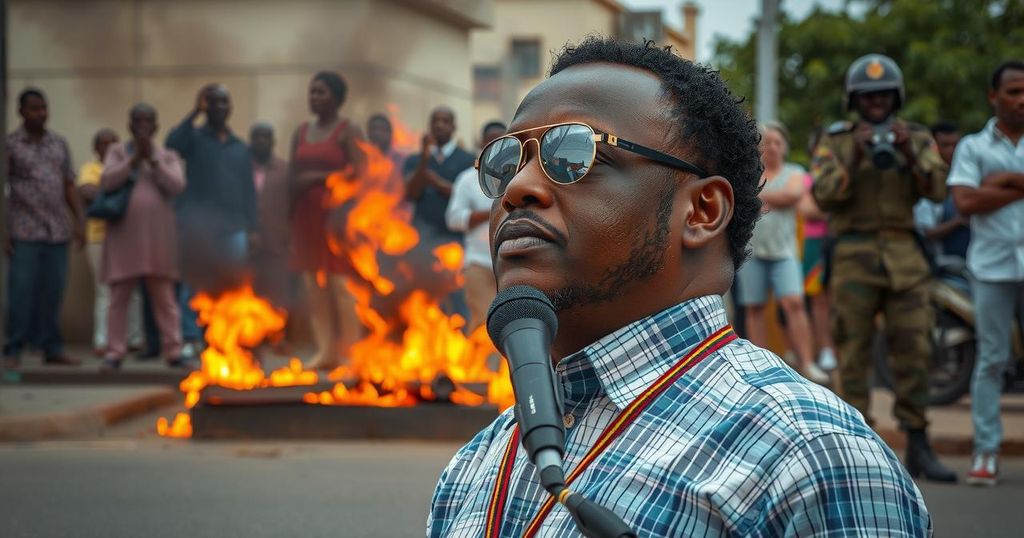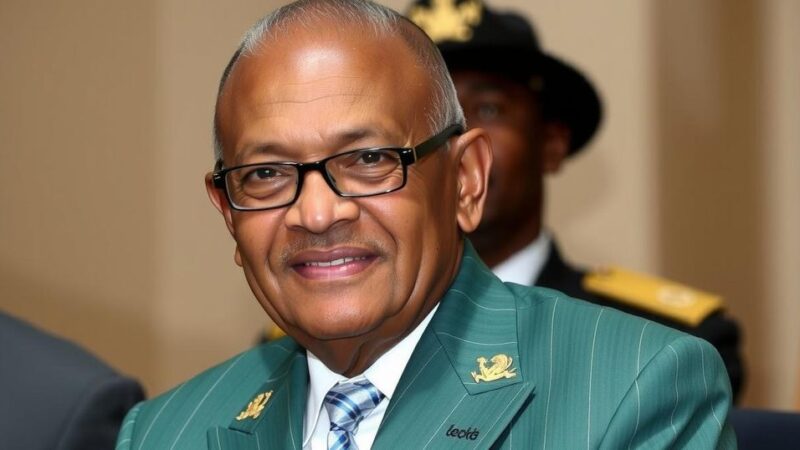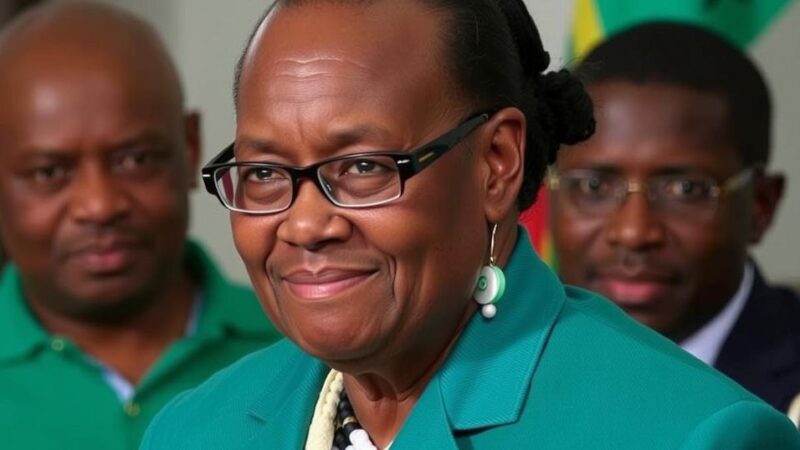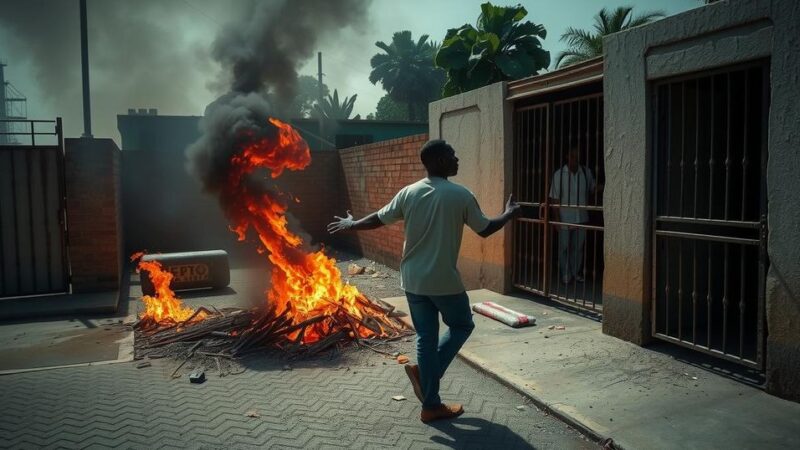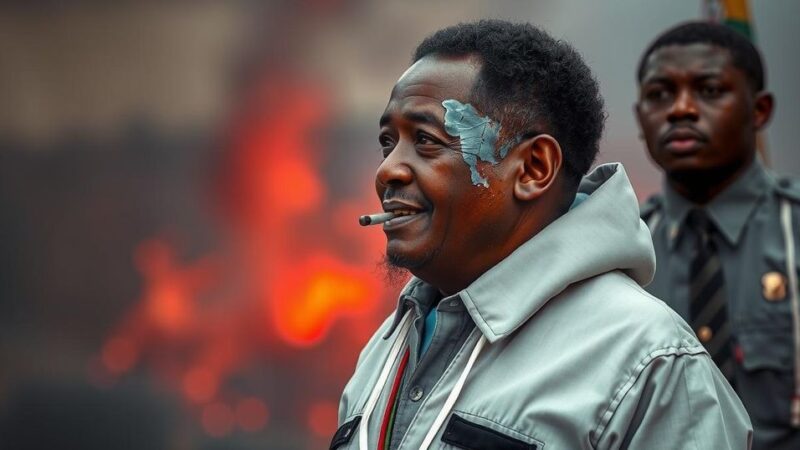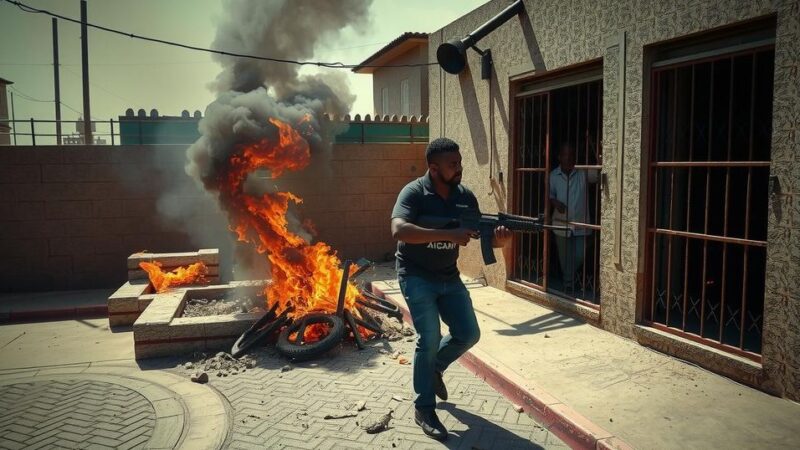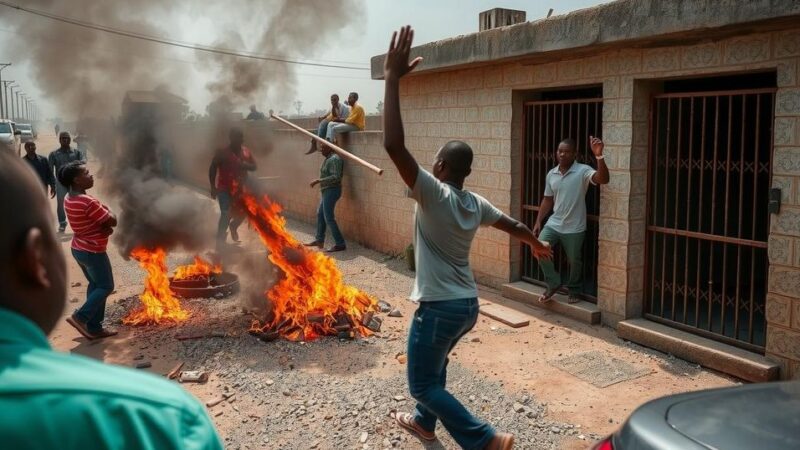At least 21 individuals have died in Mozambique amid violent protests sparked by the Constitutional Council’s confirmation of Frelimo’s election victory. The unrest has seen numerous injuries, escalating vandalism, and calls from opposition leaders for resilience against a backdrop of alleged electoral fraud. The situation poses severe challenges for public safety and governance in Mozambique.
Mozambique is currently experiencing severe unrest following the confirmation of the governing party, Frelimo’s victory in contested elections by the Supreme Court. Since this ruling on Monday, violence erupted, leading to at least 21 fatalities, including two police officers, as confirmed by Interior Minister Pascoal Ronda. The unrest has resulted in 236 reports of serious violence, and at least 25 individuals, comprising 13 law enforcement officers, have sustained injuries. Protests began in reaction to the court’s decision, as opposition parties claim that the October elections were manipulated to favor Frelimo.
As protests escalated, instances of vandalism and attacks on public property were recorded, including police stations and banks. Authorities have responded by tightening security measures, instituting increased military presence in critical locations to restore order. The opposition leader, Venancio Mondlane, whose candidacy was challenged in the elections, urged his supporters to prepare for challenging times ahead. Human rights groups have raised concerns about excessive force used by Mozambican security services to suppress the demonstrations, with reports estimating over 130 casualties since unrest ignited.
The ongoing turmoil underscores significant societal discontent rooted in allegations of corruption, high unemployment rates, and long-standing governance issues, leading to a public sentiment of fatigue toward the prevailing political landscape. As the unrest continues, it becomes evident that the political and social fabric of Mozambique is under immense strain due to recent events surrounding the elections.
The unrest in Mozambique follows the ruling by the Constitutional Council, which validated the governing party Frelimo’s outcomes in elections held on October 9. Despite accusations of electoral fraud from opposition groups, the court’s confirmation of Frelimo’s victory has triggered widespread public protests. Mozambique has a history of political tensions exacerbated by corruption and economic hardship, which have fueled a sense of desperation among its populace. This setting creates a fertile ground for conflict as citizens voice their dissatisfaction with governance and electoral processes.
In summary, Mozambique’s recent unrest illustrates the contentious and volatile nature of its political landscape, following the confirmation of a disputed electoral outcome favoring the Frelimo party. The subsequent protests have resulted in numerous fatalities and injuries, with a significant upsurge in violence reflecting broader societal grievances associated with corruption and unemployment. As the situation unfolds, it remains critical to monitor the implications for both local governance and the safety of Mozambican citizens during this turbulent time.
Original Source: www.aljazeera.com

